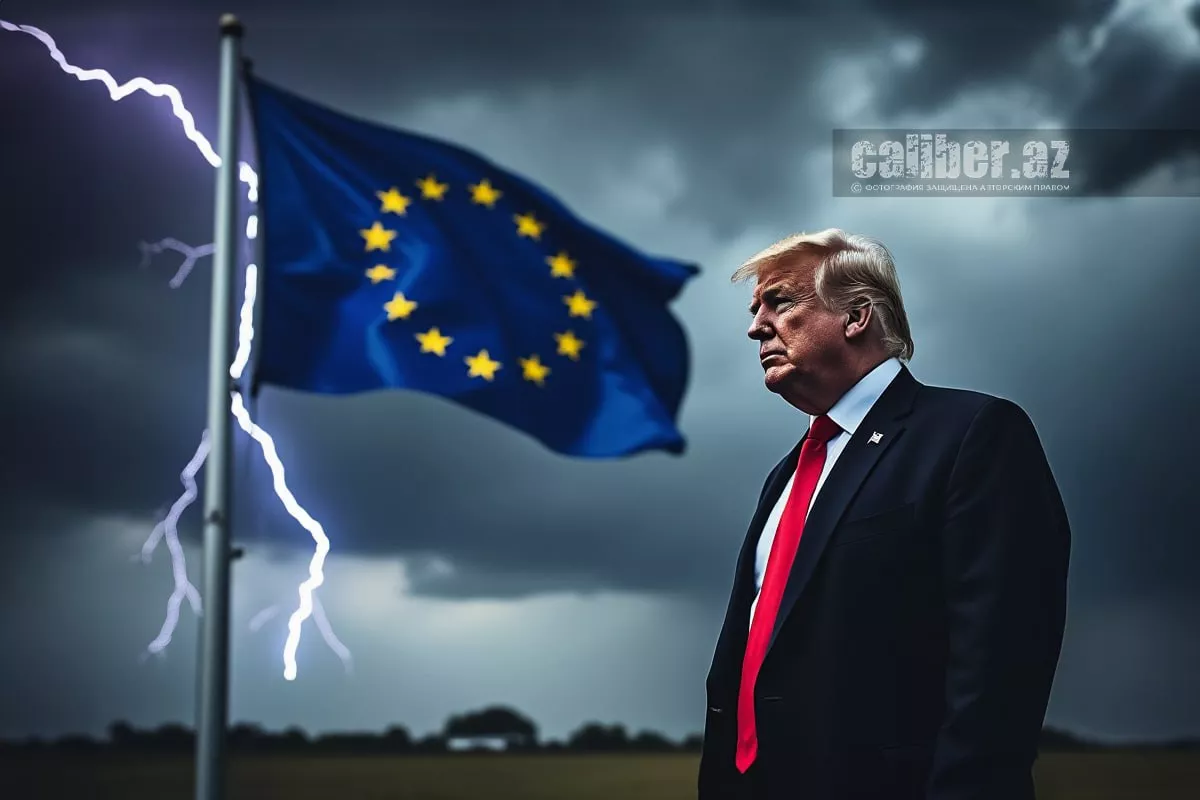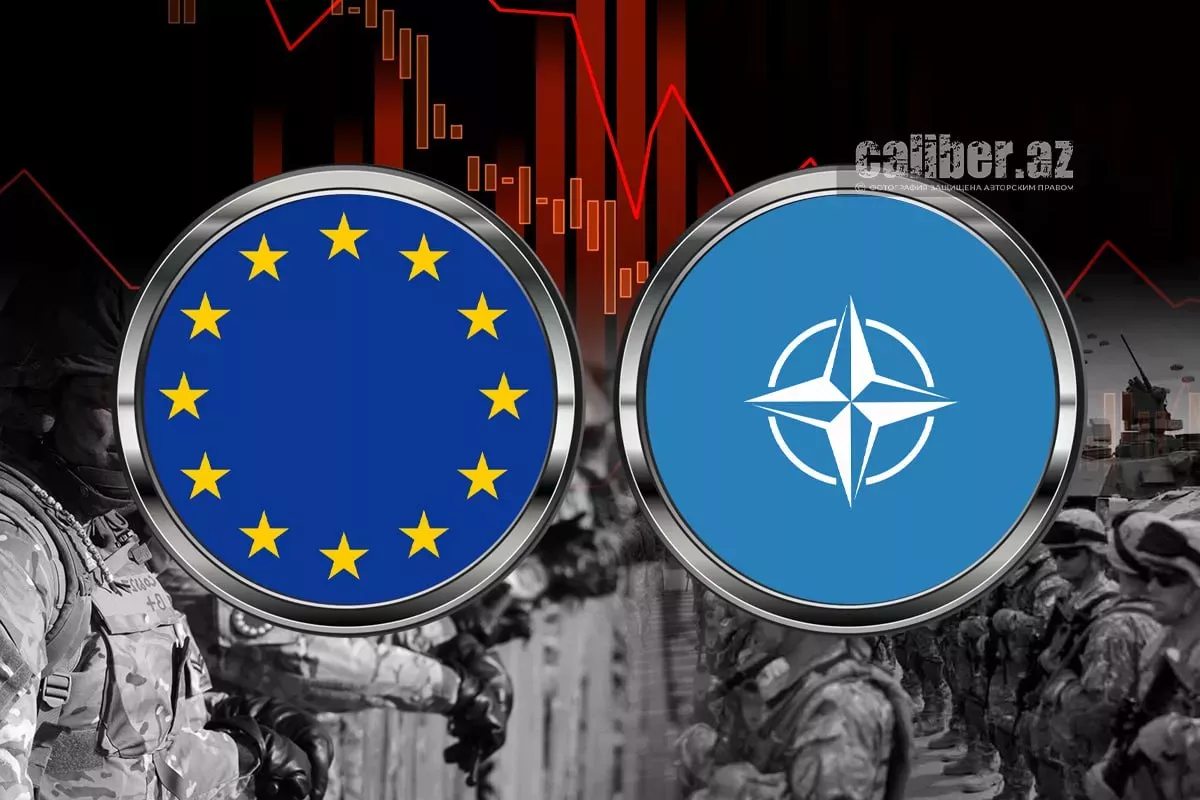Who does the EU want to become independent from? Inside the push for European autonomy
In her speech on May 29th, during the awarding of the Charlemagne Prize—an honour recognising significant contributions to European unity—European Commission President Ursula von der Leyen made several striking remarks. Most notably, she emphasised the vision of an “independent Europe,” alongside calls to strengthen defence, foster innovation, and further expand the European Union.
This emphasis sparked considerable interest among politicians and analysts. The Charlemagne Prize, regarded by many media outlets as the highest continental award for promoting “European values,” underscored the importance of von der Leyen’s message. Her invocation of Europe’s “immutable” values was seen as a key moment.
In essence, the EC President’s focus on an independent Europe highlights the continent’s determination to uphold its core achievements and identity—especially in light of challenges posed by the United States. This was particularly evident during the ideological critique voiced by U.S. Vice President D.J. Vance at the 61st Munich Security Conference. While Vance did not reject European values outright, he pointedly criticised many EU countries for failing to live up to them.
Be that as it may, von der Leyen’s call clearly echoes one of Emmanuel Macron’s favourite slogans about “Europe’s strategic autonomy.” We must acknowledge that Macron has been championing this idea for far more than just a year or two. And each time he returns to it, he adds new layers and nuances. However, these remain little more than empty words. This was proven by the Donald Trump factor, which revealed the practical spinelessness of the European continent.
Of course, the European Union has not lost its ability to speak out. However, on one hand, it has yet to decisively break free from under the U.S. umbrella—whether regarding security issues or support for Ukraine. On the other hand, it has yet to propose a truly autonomous vision for Europe’s future development.

From this perspective, analysts of various backgrounds ask how ready EU leaders themselves are, internally, for European independence at all? And in what form do they perceive it on a global scale—taking into account, at the very least, the NATO factor? Will NATO remain in its original, so to speak, form if Europe suddenly becomes “independent” overnight?
This question is quite topical because even without further clarification from Ursula von der Leyen, it is quite obvious that she loudly raised the issue of Europe’s “independence” from the United States, acknowledging that “for some this is an uncomfortable message.” However, the head of the European Commission emphasized that at the core of this independence lies Europe’s freedom,” and fortunately, as Europeans know, personal freedom is only possible with collective independence.
From this stems the very question that stirs many European minds—whether in the political-economic or socio-cultural spheres—about how confidently Brussels (and the capitals of EU member states) can truly renounce the American umbrella?

Yes, the European Union is currently trying to position itself more assertively as a geopolitical actor, pursuing, for example, its own policy on Ukraine independently of the United States. However, there have been no concrete steps taken in this direction. Moreover, as soon as a word comes from Washington, discussions about “autonomy” suddenly disappear from the agenda.
That said, it must be acknowledged that on both the Ukrainian and Middle Eastern fronts, the EU has indeed voiced positions that diverge from the American perspective. For instance, just a few days ago, foreign ministers from the majority of EU countries called for a review of the association agreements with Israel. According to the EU’s High Representative for Foreign Affairs and Security Policy, Kaja Kallas, due to the humanitarian situation in the Gaza Strip, it is necessary to verify whether Israel complies with the fundamental principles laid out in the trade agreements, including the requirement to uphold human rights.
That said, for now, things haven’t gone beyond rhetoric. However, some experts believe that the very fact Brussels representatives have voiced positions differing from those of the White House on pressing geopolitical issues is a positive sign for Europe. After all, the initial decisions and declarations by Donald Trump upon his return to the Oval Office so shocked European leaders that they didn’t quite know how to react or what steps to take.
On the other hand, a significant portion of serious experts lament that even if some of the ideas voiced by Brussels are relevant, their implementation will be stalled. They attribute this to the EU’s weak leadership potential, where, with few exceptions, European politicians lack high intellectual preparation and serious expertise. This, in their view, is evidenced by how much today’s Europe has fallen behind its own past heyday, when the continent was famed for its powerful philosophical and politico-economic thought.
Meanwhile, there has been no response from Washington to the slogan of an “independent Europe” so far. It is possible that the Trump administration is simply ignoring such statements from Brussels. But, as we have said, the real question remains: how ready is Europe itself for its “independence”?








